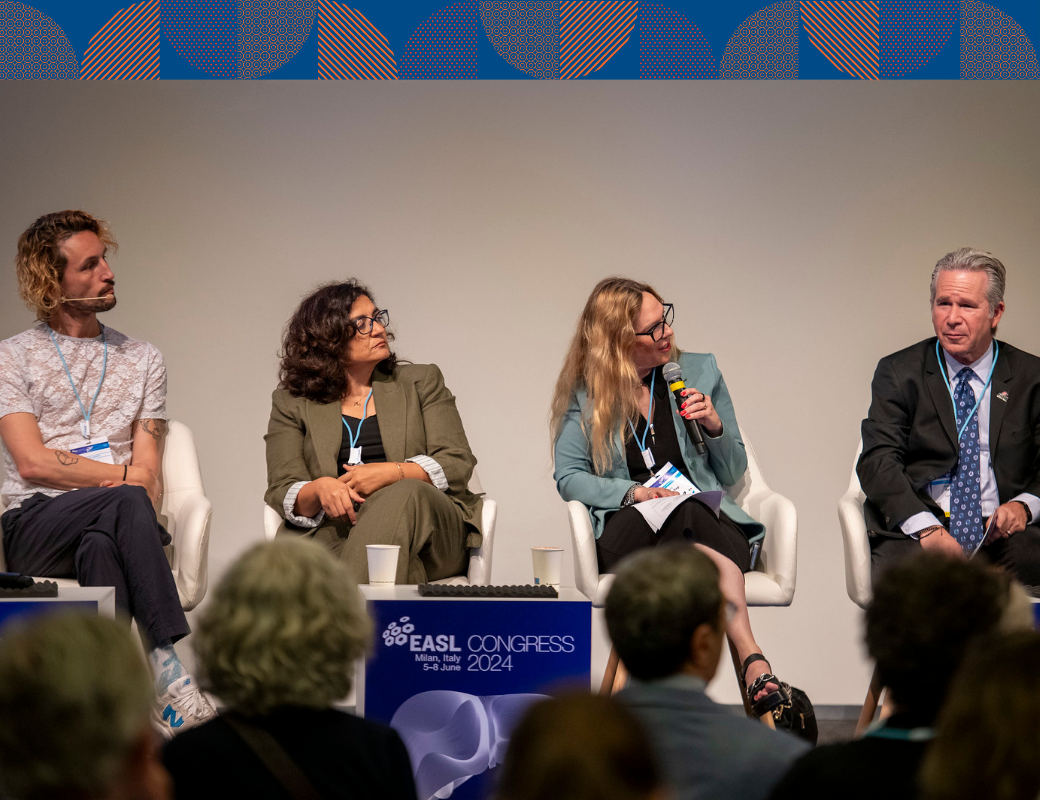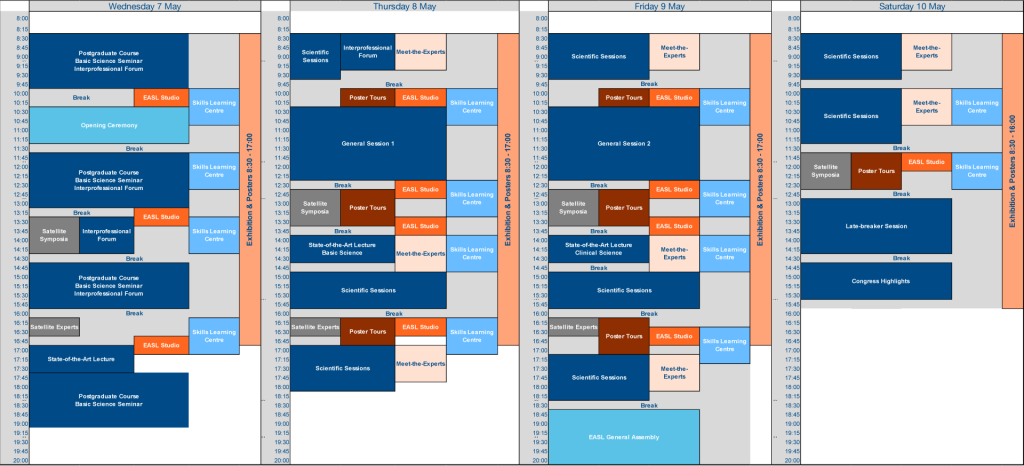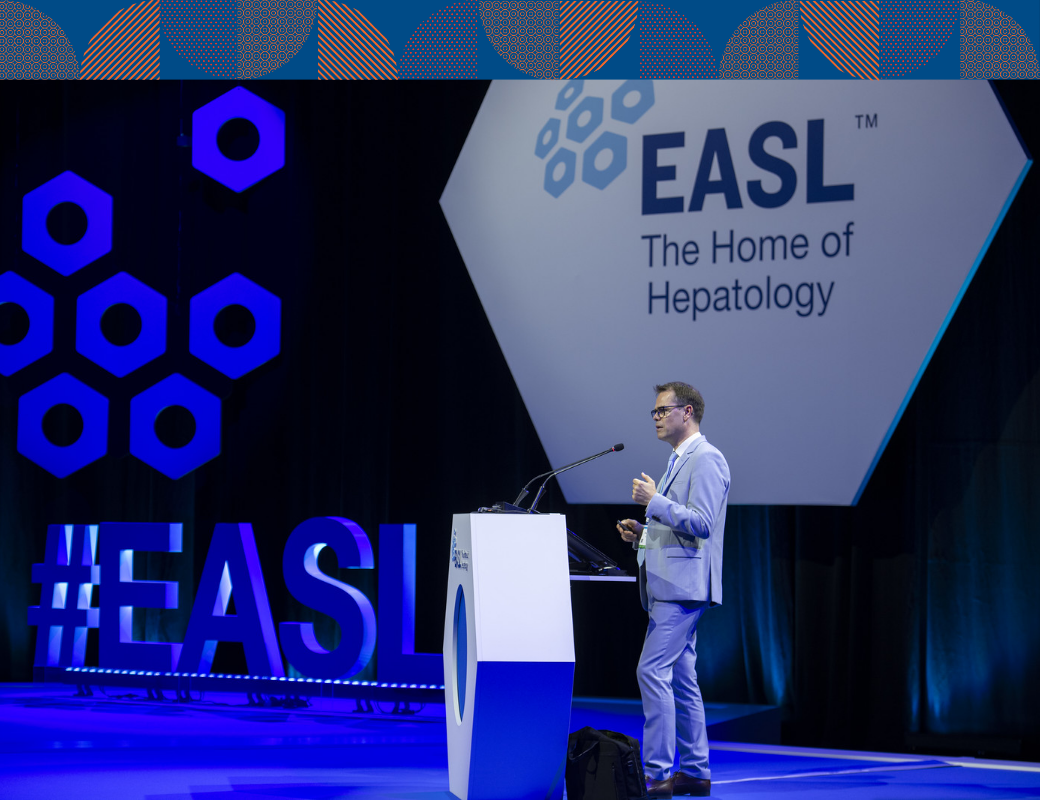Scientific Programme
EASL 2025’s diverse scientific programme is tailored to various specialties and levels of expertise in hepatology. Explore our diverse lineup, which includes symposia, debates, workshops, ‘Meet-the-Experts’ sessions and much more, designed to enhance your understanding of the field. Engage with the latest research through oral abstract sessions, poster tours, and presentations across eight focused tracks. EASL Congress 2025 is set to provide a valuable platform for learning and collaboration in hepatology.
EASL Congress 2025: the place to stay on track!
Are you in search of sessions tailored to your specialty within the EASL 2025 scientific programme? Look no further – we’ve got you covered. Click on the tracks below to delve into the programme designed for your specific field.
The metabolism, alcohol and toxicity program will be rich and stimulating, with important content for clinical practice, including an update on the available therapeutic landscape of MASLD and how to manage patients with ALD globally. It will also cover the latest research highlights and how they contribute to a better understanding, future prevention, diagnosis, and clinical decision-making of both diseases.
This track is a must for all health professionals dedicated to the management of patients with cirrhosis and advanced chronic liver disease.
You can look forward to a very interactive programme on all the new findings from basic to clinical research in cirrhosis, hands on session on hepatology techniques. Attending the sessions is your opportunity to discuss with leader in the field and a great networking environment.
In the field of primary liver cancer, the EASL congress puts you at the forefront of research, development, and strategies for treating liver cancer patients. The combined expertise of hepatologists, surgeons, radiologists, biologists, nurses and patient organisations makes sure that you get a 360 degree overview on the latest about hepatocellular carcinoma and cholangiocarcinoma from basic research to curative and systemic treatments.
With a broad range of clinical courses and outcomes, viral hepatitis remains a major global health burden and the road to eliminate viral hepatitis as an important cause of morbidity and mortality worldwide is full of obstacles. We will be discussing how the treatment landscape of viral hepatitis have changed and what the immediate future brings. The most recent data on the potentially causative agents for hepatitis will be critically discussed to expand the spectrum of viruses that need to be considered in patients with hepatitis.
The field of immune-mediated liver diseases is facing a very optimistic moment. Indeed, data from large international datasets have been key for the knowledge of the natural history. Predictive factors of rare diseases and innovative basic science studies are leading to the development of new therapies for orphan disease. The programme of this year is focused on personalized clinical management for patients that for the first time have more than one therapeutic option.
Attending the sessions on general hepatology will provide you with the latest updates in the management, treatment, and diagnosis of liver disease. Focussed sessions will be on nutrition in liver disease, liver transplantation and AI in hepatology. The latest, best-rated articles published in top of their filed journals, including the EASL Journal of Hepatology will be presented and discussed. Intimate workshop sessions will offer authors advise on how to enhance their skills and career.
The Public Health sessions will address the burden of liver disease on a European landscape of risk factors. A particular focus will be placed on alcohol and metabolic liver diseases and the urgent need for screening and prevention as well as the road to elimination of Viral hepatitis.
The basic science track will cover the latest updates on mechanisms and treatment targets for different liver diseases.
You will have a chance to learn more and update yourself on the many topics including extracellular vesicles in liver pathology, the role of miRNA/lncRNA in liver disease and basic and translational regenerative hepatology.
Session formats

MEET-THE-EXPERTS
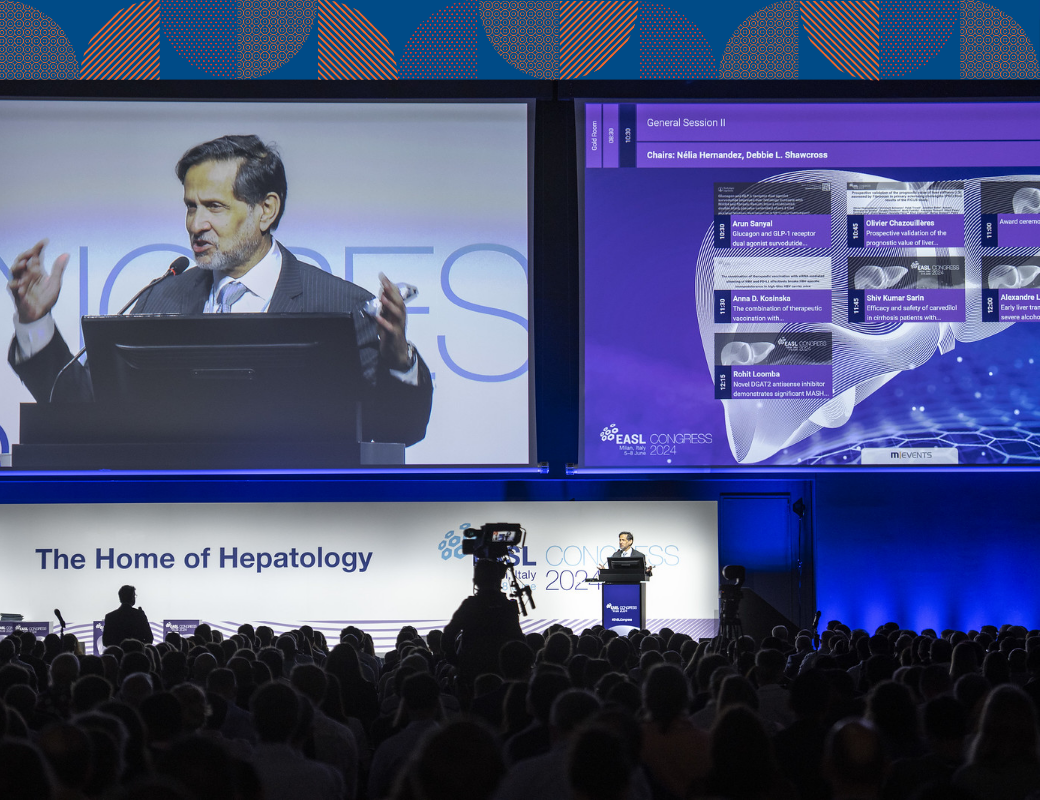
SYMPOSIA
SYMPOSIA
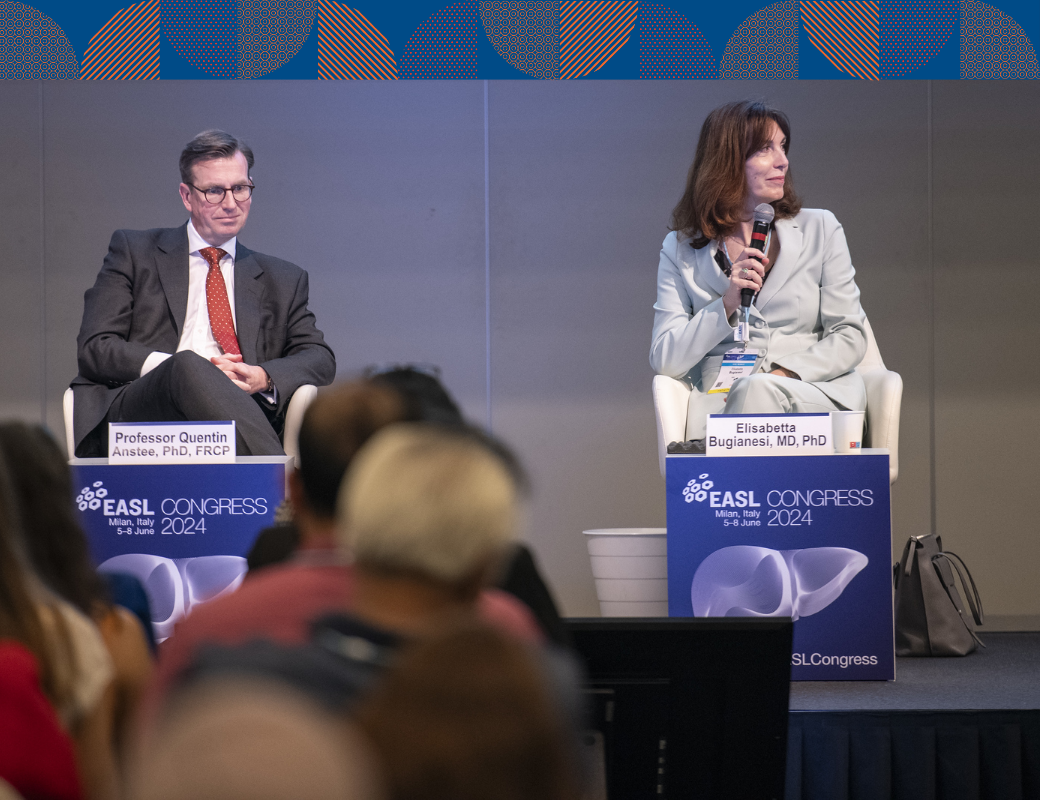
PROS & CONS
PROS & CONS
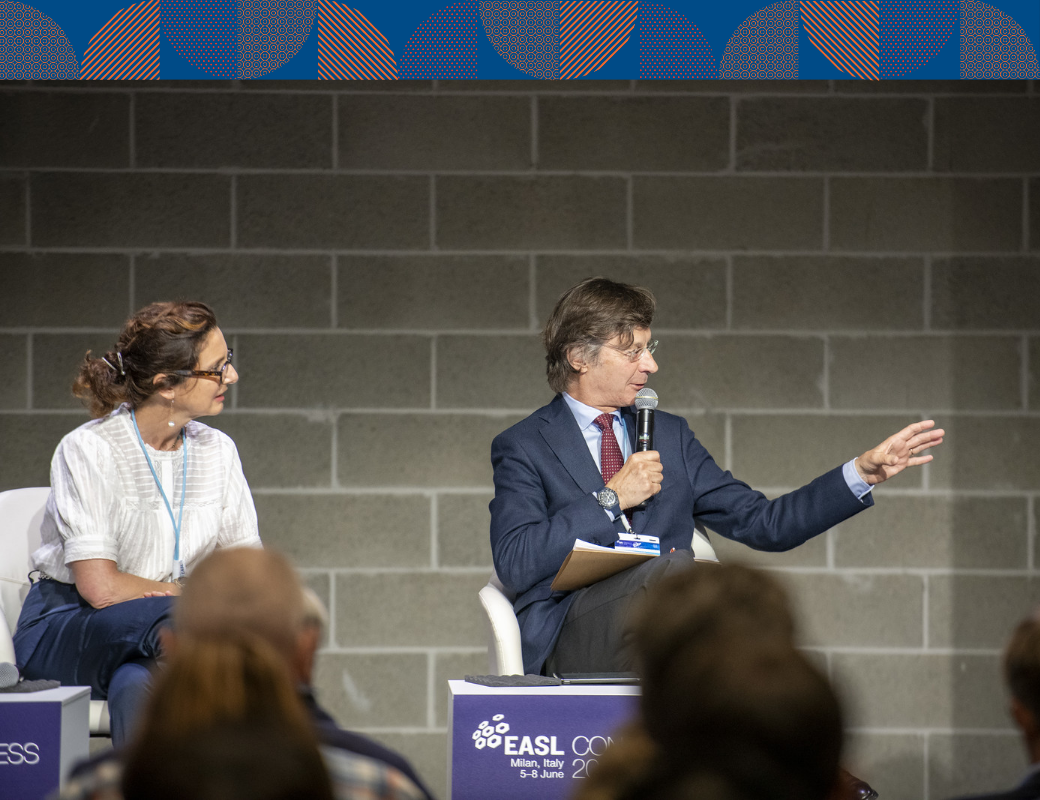
DO's & DON'TS
DO'S & DON'TS
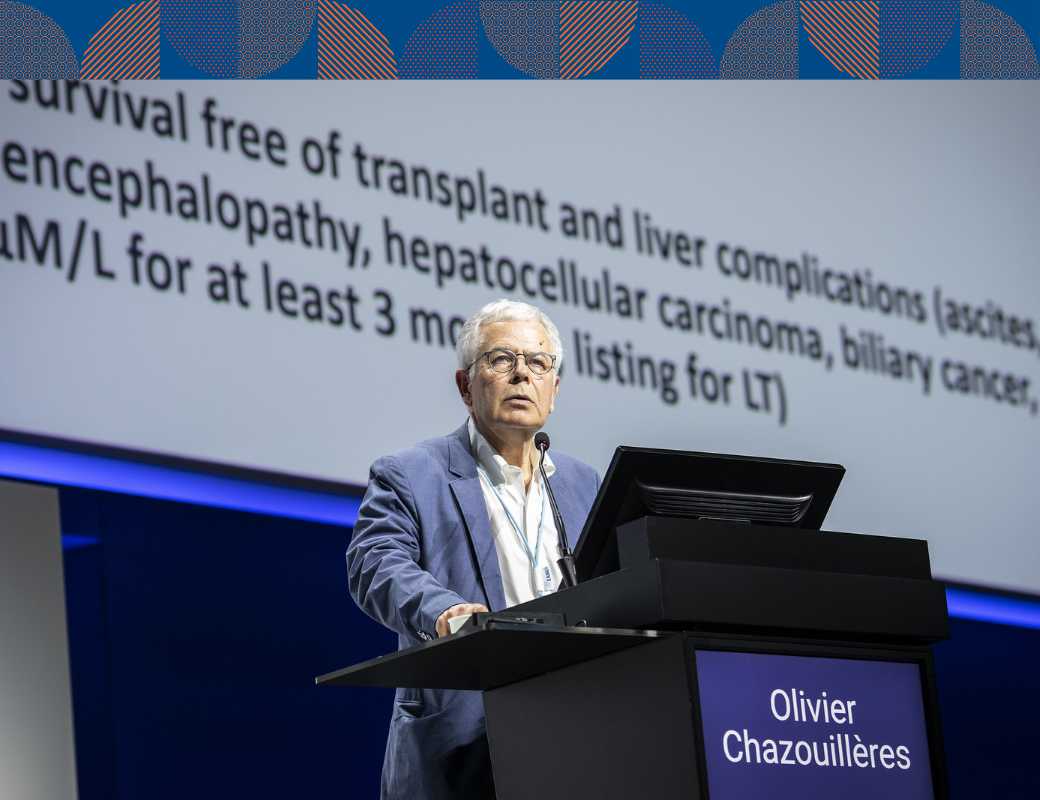
CASE BASED
CASE BASED
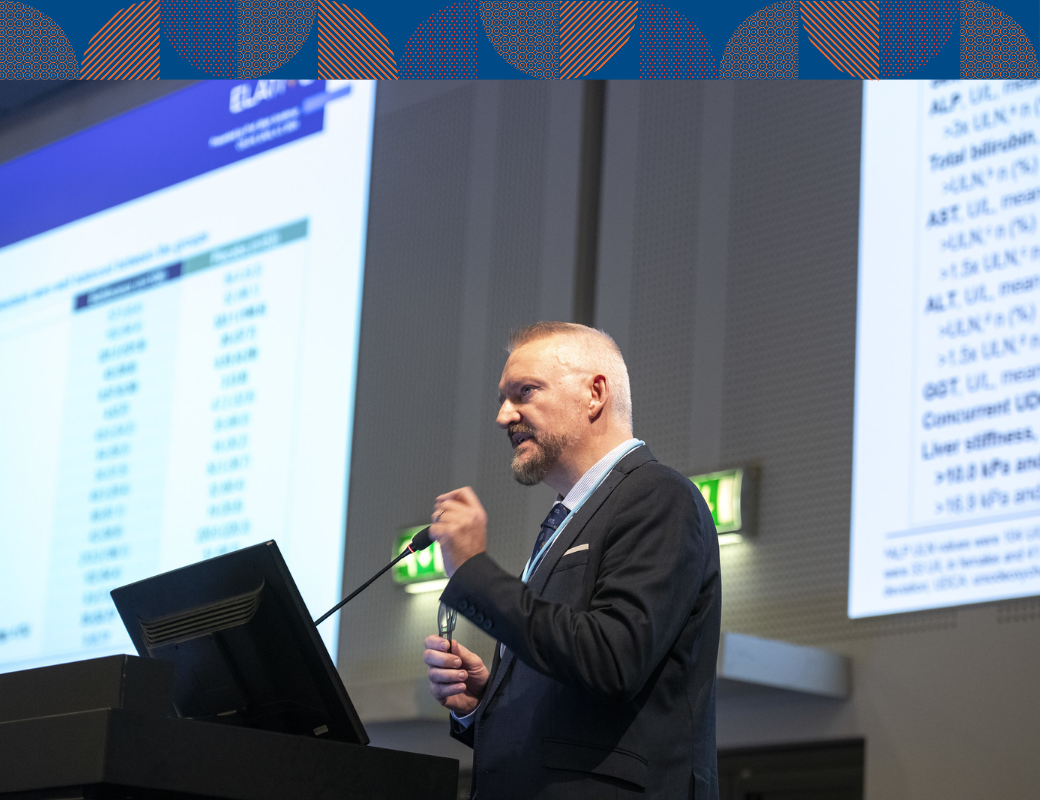
FUTURE OF HEPATOLOGY
FUTURE OF HEPATOLOGY
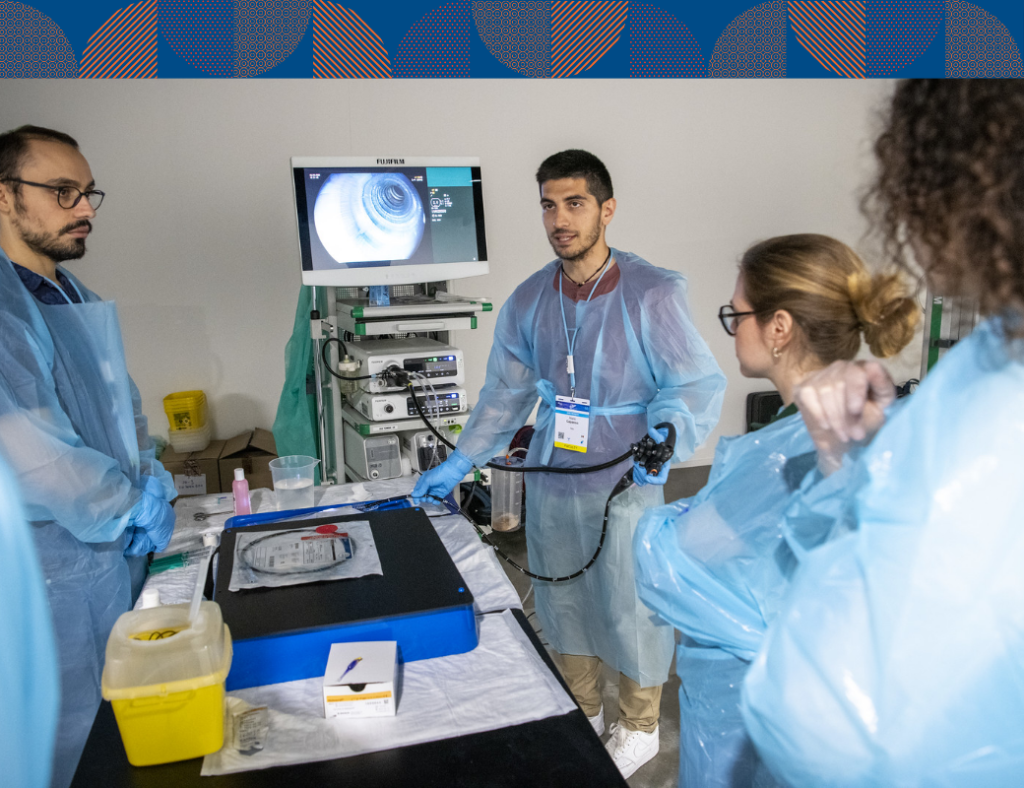
SKILLS LEARNING CENTRES
SKILLS LEARNING CENTRES
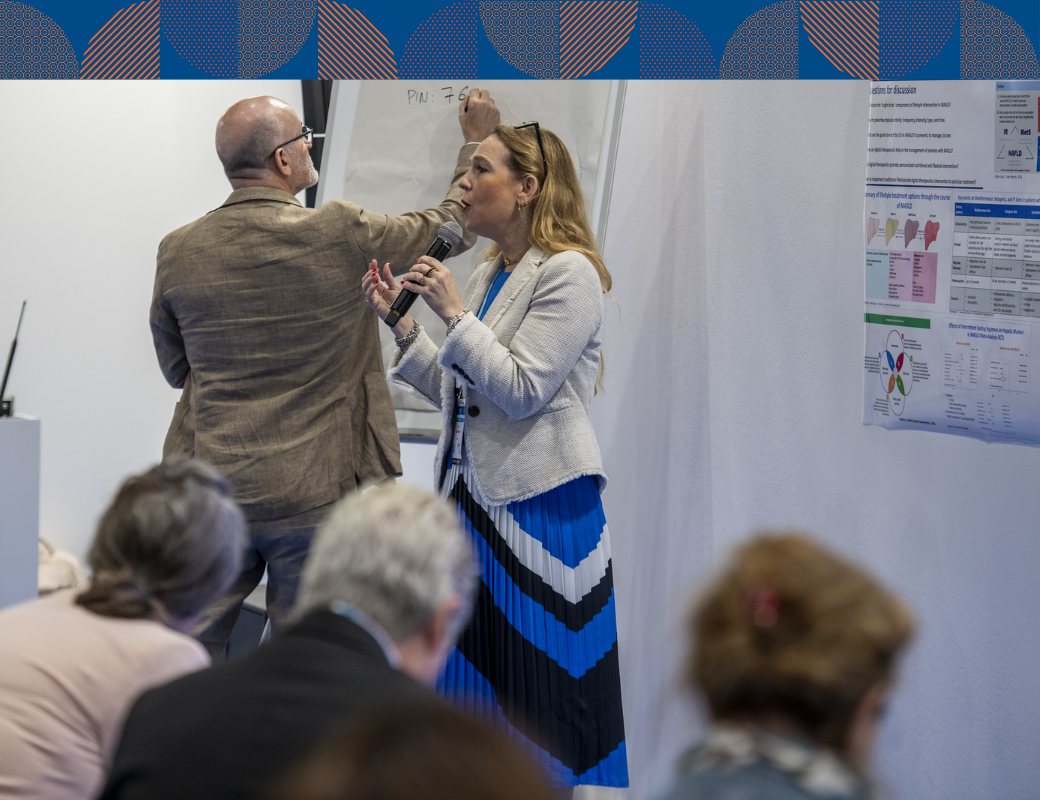
WORKSHOPS
WORKSHOPS
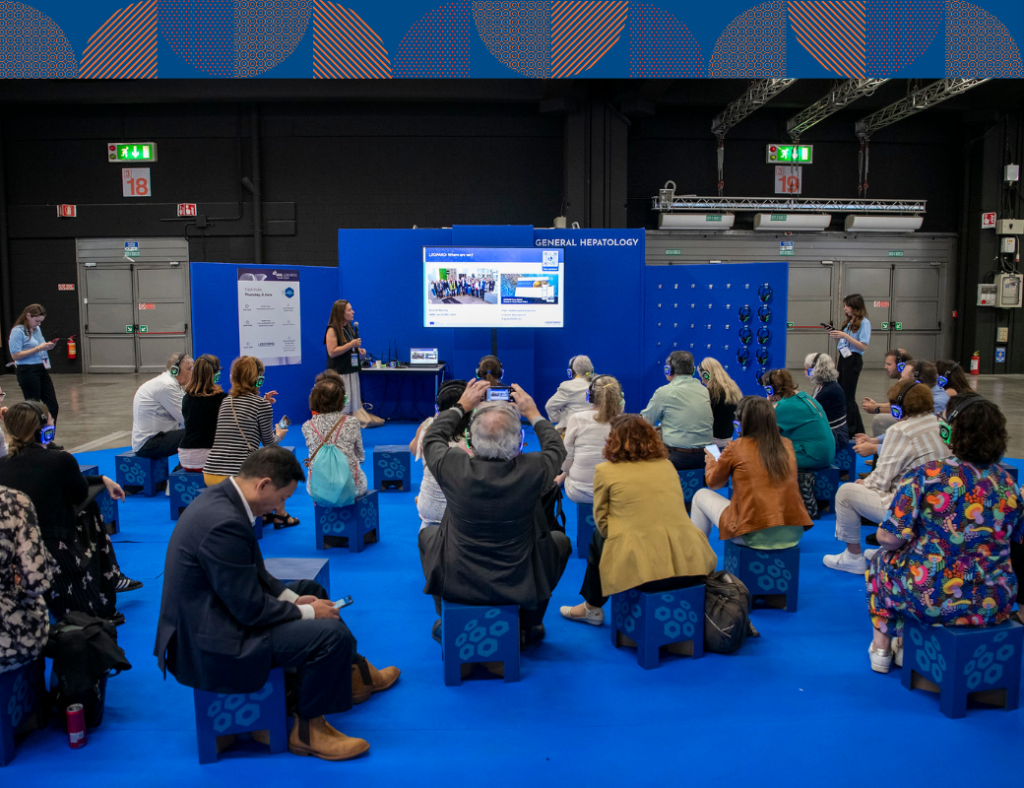
TRACK HUBS
TRACK HUBS
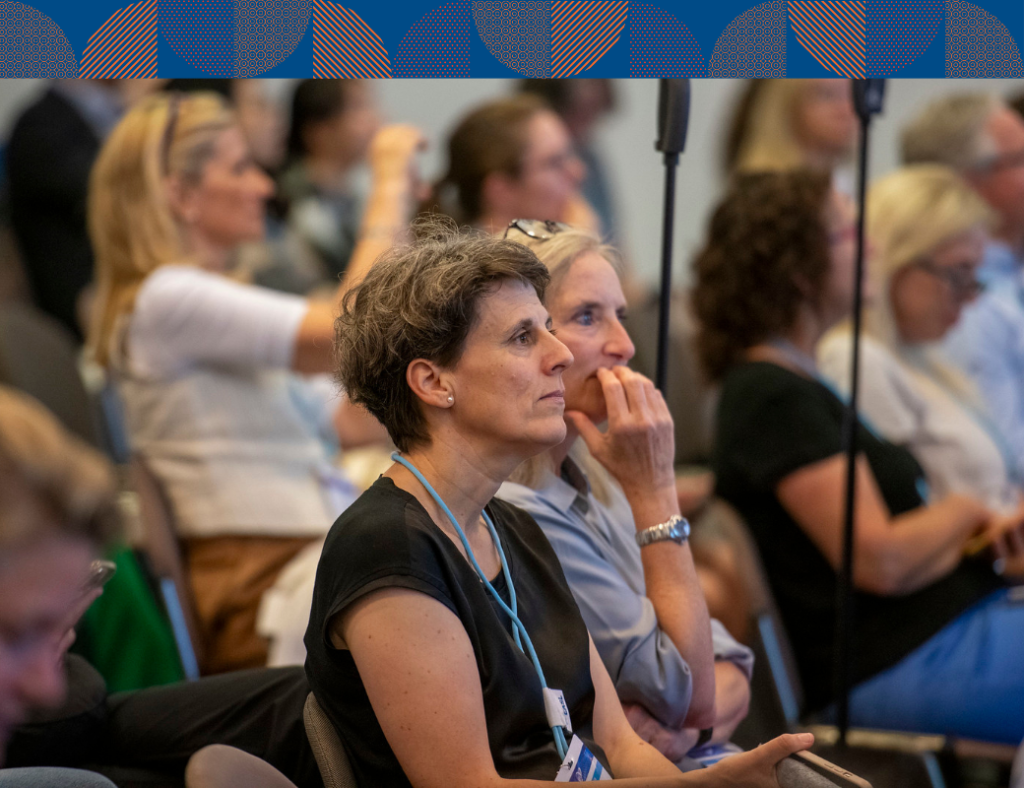
INTERPROFESSIONAL FORUM
